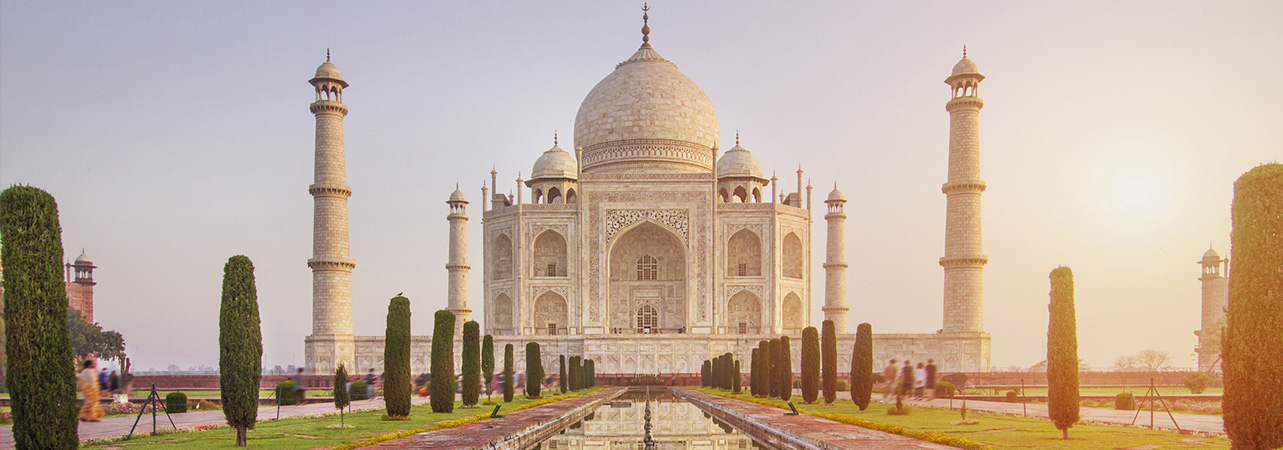As the pandemic took its toll on economic activity, India’s economy contracted by 23.9% during the three months to the end of June. The only sector to achieve positive growth during the period was agriculture, forestry & fishing, which grew by 3.4%.
- India is widely expected to fall into recession in the three months to September
- China enjoyed strong export demand in July
- Inflation slowed in Brazil
To view the series of market updates through August, click here
As the pandemic took its toll on economic activity, India’s economy contracted by 23.9% during the three months to the end of June. The only sector to achieve positive growth during the period was agriculture, forestry & fishing, which grew by 3.4%. Although India is not officially in recession, it is widely expected to post a second consecutive quarter of negative growth in the three months to September as Covid-19 cases continue to climb. The CNX Nifty Index rose by 2.8% over August.
“China’s Premier Li Keqiang said that China is well-placed to deliver positive growth this year”
During the month, China’s Premier Li Keqiang said that China is well-placed to deliver positive growth this year if, as planned, nine million jobs are added to the economy, and urged the country to consolidate and build on recent positive economic growth by addressing uncertainties in the development process.
China’s exports rose at an annualised rate of 7.2% during July, supported by strong demand for medical products, while imports fell by 1.4%. In comparison, exports rose by 0.5% during June and imports climbed by 2.7%.
Factory activity expanded for a third consecutive month during July as strong domestic demand outweighed lacklustre overseas markets. Although producer price inflation fell by 2.4% year on year in July, the pace of decline slowed from 3% in June, suggesting that activity is continuing to improve. Meanwhile, the rate of consumer price inflation strengthened from 2.5% to 2.7% in July, partly boosted by higher prices for pork. However, having fallen by 1.8% in June, China’s retail sales continued their decline into July, posting a drop of 1.1%, suggesting that consumers remain reluctant to spend in the wake of the pandemic. During August, the Shanghai Composite Index rose by 2.6%.
Brazil’s rate of consumer price inflation showed signs of slowing from July to August, easing from 0.3% to 0.23% and dampened by lower educational costs and a fall in travel costs. On an annualised basis, however, inflation picked up to 2.28%. Nevertheless, central bank policymakers are not expected to make a move to ease interest rates further; the Copom works to a target inflation rate of 4% within a range of 2.5% to 5.5%, and the key Selic rate stood at 2% at the end of August, compared with 6% a year earlier. The Bovespa Index fell by 3.4% during August.
A version of this and other market briefings are available to use in our newsletter builder feature. Click here






